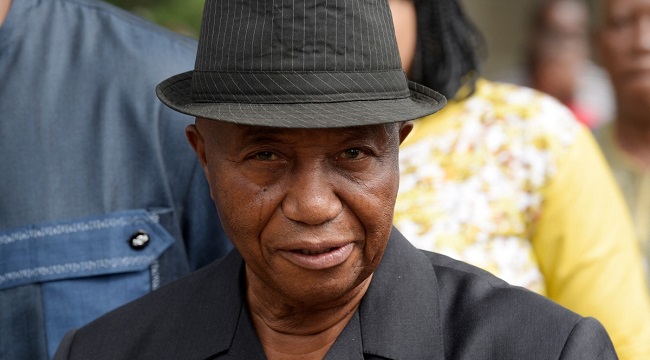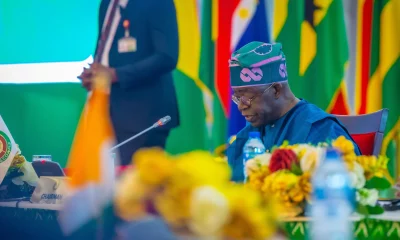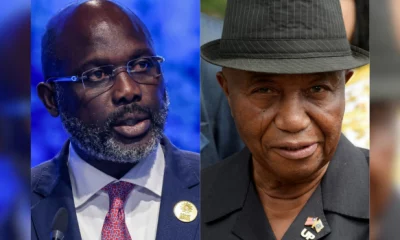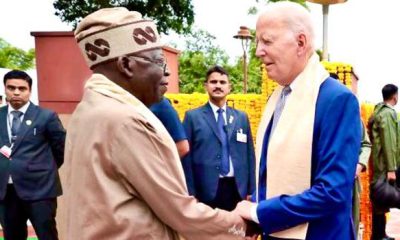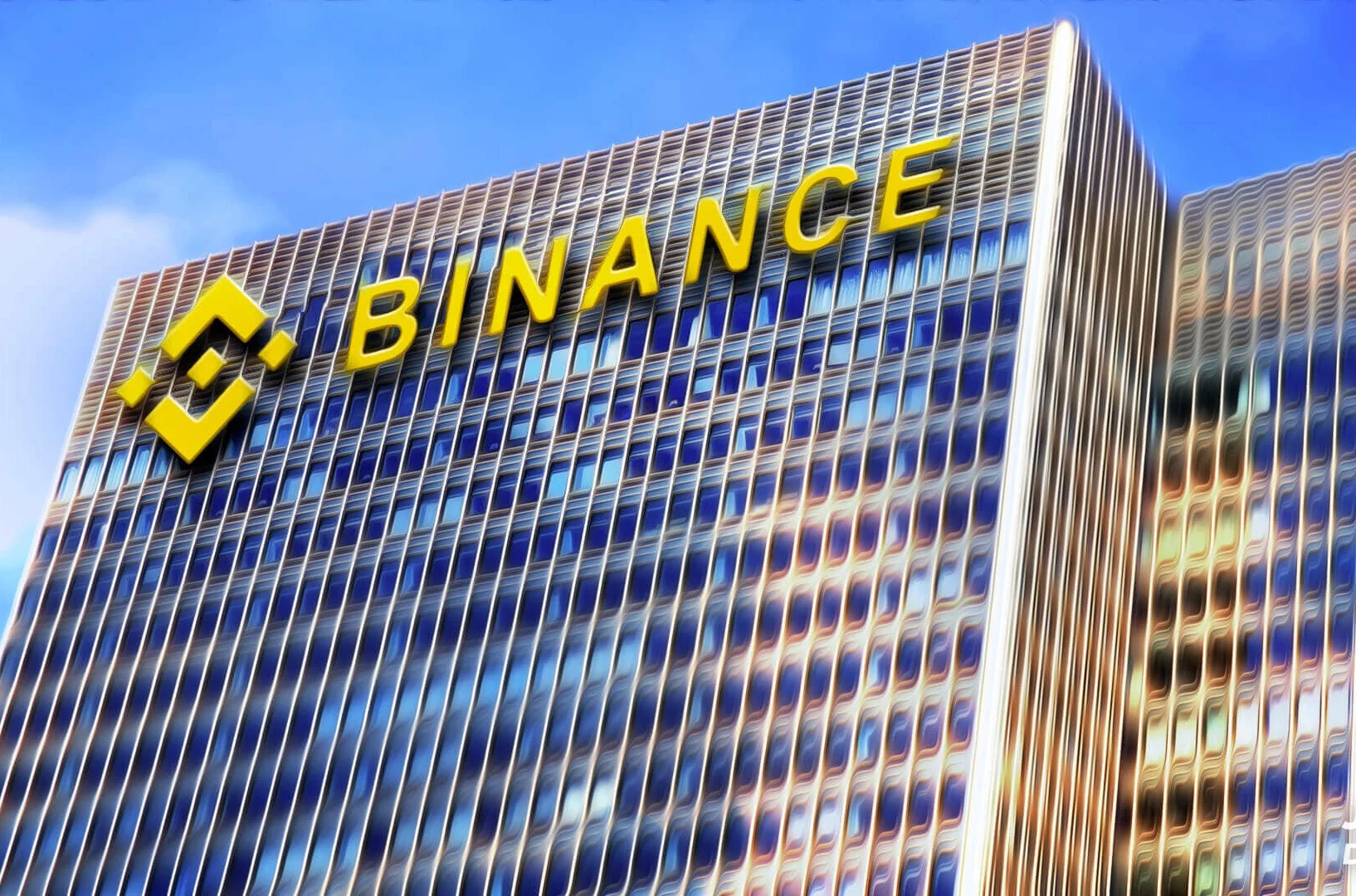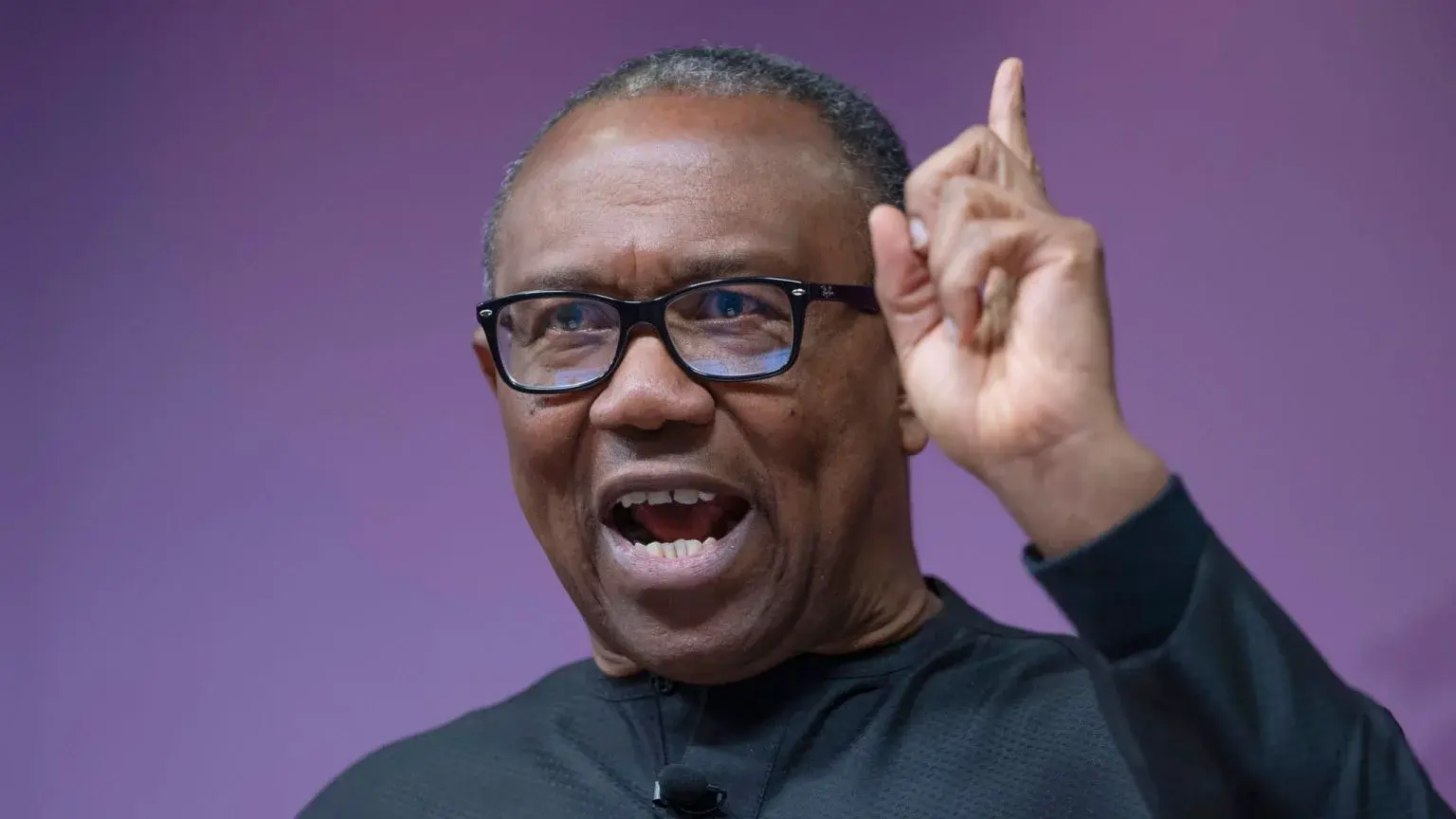Joseph Boakai was on Monday declared winner of Liberia’s presidential election, defeating incumbent George Weah, the National Electoral Commission (NEC) said after completing the ballot count.
Boakai won with 50.64 percent of the vote, against 49.36 percent of the vote for former international football star Weah, Davidetta Browne Lansanah, president of the commission, told reporters.
Boakai won with only a 20,567-vote margin.
Weah had already conceded defeat on Friday evening, based on the results of more than 99.98 percent of the polling stations.
The outgoing president and former football star won praise from abroad on Monday for conceding and promoting a non-violent transition in a region marred by coups.
“Liberians have once again demonstrated that democracy is alive in the ECOWAS region and that change is possible through peaceful means,” the Economic Community of West African States said in a statement.
Since 2020, ECOWAS states have seen abrupt regime changes with military forces seizing power by force in four of the fifteen member countries: Mali, Guinea, Burkina Faso and Niger.
The election six years ago of Weah — the first African footballer to win both FIFA’s World Player of the Year trophy and the Ballon d’Or — had sparked high hopes of change in Liberia, which is still reeling from back-to-back civil wars and the 2014-2016 Ebola epidemic.
But critics have accused his government of corruption and him of failing to keep a promise to improve the lives of the poorest.
While his party lost, “Liberia has won,” Weah had said on radio.
Weah said he had spoken to the man he called the “president-elect” to congratulate him and urged his own supporters to accept the election result.
“This is a time for graciousness in defeat,” he said, adding “our time will come again”.
The African Union sent its congratulations to the president-elect on Monday.
AU chairman Moussa Faki Mahamat also called on “all parties to continue to display maturity and embrace dialogue to consolidate democracy”.
– ‘Defied the stereotype’ –
The West African bloc also said that the post-election phase was “crucial”, and called on “the people of Liberia to maintain and safeguard peace and security”.
However, the electoral commission head said that on Friday it had received two appeals from Weah’s party concerning the conduct of the election in Nimba County.
The commission has 30 days to investigate and reach a decision, she said.
Former Nigerian president Goodluck Jonathan, who led a mediation mission for the election, said he was “deeply pleased with the successful outcome of the democratic process”, in comments posted on X, formerly Twitter.
He went on to congratulate Boakai, urging him “to be magnanimous in victory and seek to continue the efforts to unite” Liberia.
Nigerian President Bola Ahmed Tinubu, who is a heavyweight in the West African bloc, commended Weah’s concession saying it had averted any form of socio-political crisis.
“He has defied the stereotype that peaceful transitions of power are untenable in West Africa,” Tinubu said.
Several presidential elections in the region are upcoming in 2024, including polls in Senegal, Ghana and Mauritania, as well as military-ruled Mali and Burkina Faso.
AFP

 News3 years ago
News3 years ago
 Entertainment2 years ago
Entertainment2 years ago
 News3 years ago
News3 years ago
 Privacy3 years ago
Privacy3 years ago
 Sports2 years ago
Sports2 years ago
 Entertainment2 years ago
Entertainment2 years ago
 News3 years ago
News3 years ago
 Opinion3 years ago
Opinion3 years ago
